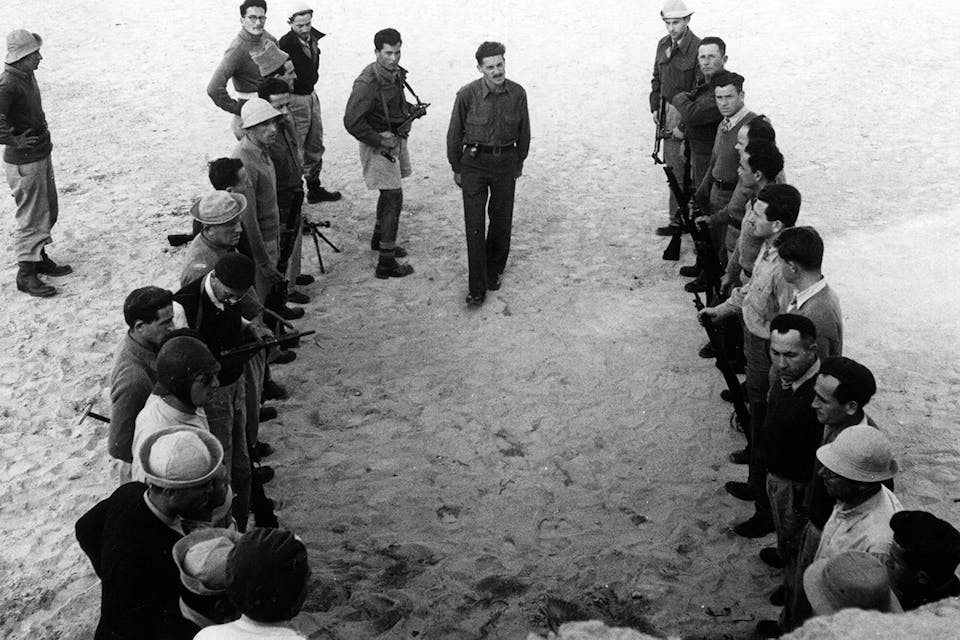
February 17, 2020
How Ben-Gurion Ensured a Government Monopoly on the Use of Force
Ancient Jewish history, with which he was well acquainted, showed what could happen in the absence of a central military command. He made sure it wouldn't happen again.
In retrospect, David Ben-Gurion made two fateful decisions in 1948: to declare statehood, and to establish the state’s central authority over the instruments of armed force. In his latest essay in Mosaic, Martin Kramer duly focuses on the May 12, 1948 meeting of ten members of the People’s Administration, Israel’s cabinet-in-waiting, under Ben-Gurion’s chairmanship.
Many historians have seen this meeting as crucial for the first decision: whether, on the one hand, to heed the U.S. proposal for a three-month ceasefire in the already ongoing conflict between Palestinian Arabs and the Haganah, the pre-independence militia of the yishuv, or, on the other hand, to press forward with the plan to declare statehood two days later.
Debunking this received version, which portrays the debate at the May 12 meeting as a close call, was one of Kramer’s aims in a previous essay in Mosaic. There he showed how, propelled by Ben-Gurion’s determined leadership, a consensus formed to reject the American proposal and declare independence immediately. Indeed, given the various political factors at work, and the high expectations and demands being voiced by, in Kramer’s words, “the Jewish public and the Hebrew press,” that conclusion was all but foregone: “there was nothing to decide.”
Responses to February ’s Essay
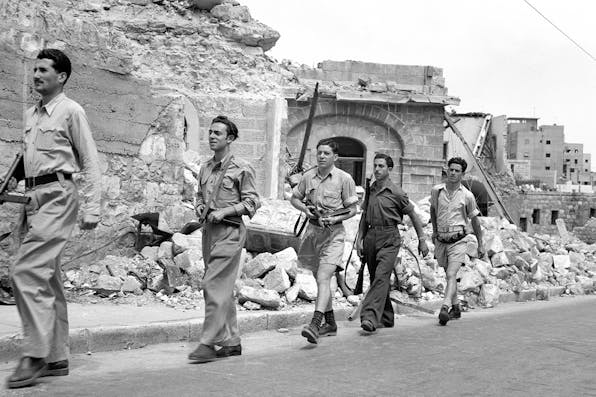
February 2020
Ben-Gurion’s Fight over Israel’s Military Was Not Just about Its Preparedness
By Benny Morris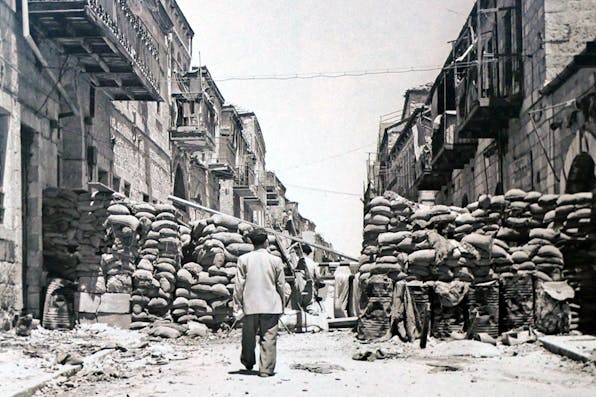
February 2020
What Ben-Gurion Knew Would Happen after Israel Declared Independence
By Eliot A. Cohen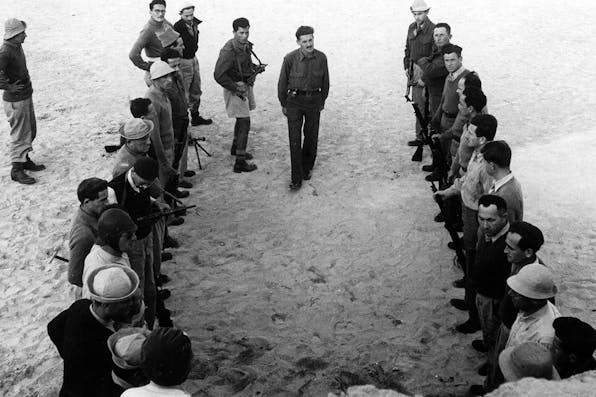
February 2020
How Ben-Gurion Ensured a Government Monopoly on the Use of Force
By Efraim Inbar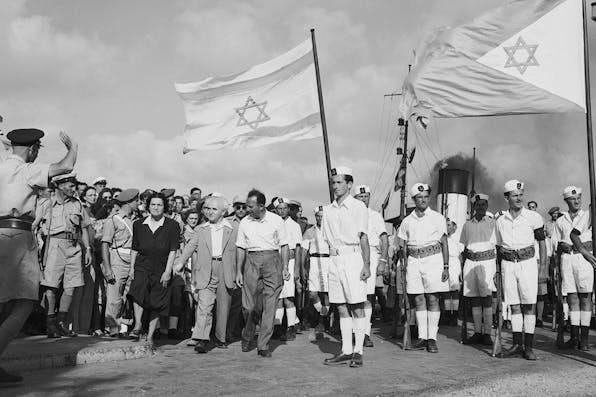
February 2020
Ben-Gurion at the Moment of Crisis
By Martin Kramer